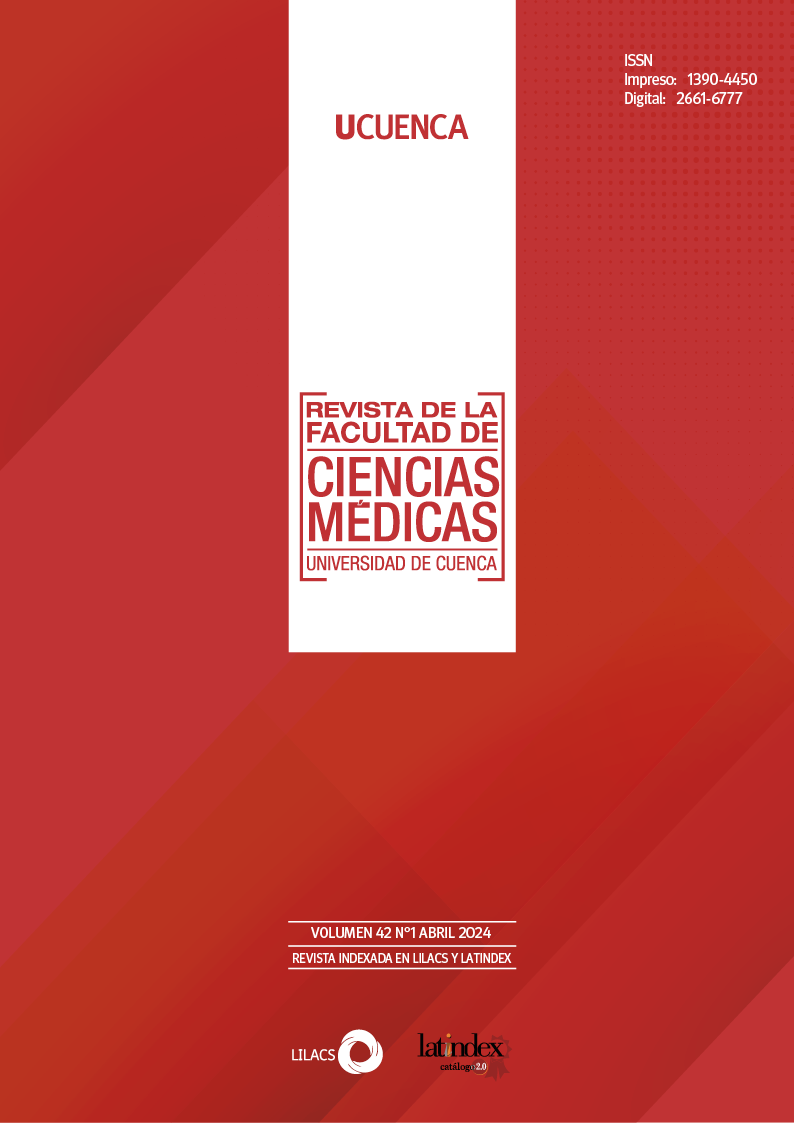Influencia de la filosofía clásica en la medicina moderna
DOI:
https://doi.org/10.18537/RFCM/42.01.08Keywords:
Filosofía Médica, Historia de la Medicina, empirismoAbstract
Classical philosophy developed primarily in ancient Greece during the 7th centuries BC. and V AD It is considered the essence of Western thought and its influence on modern medicine stands out, although from a generalist perspective they seem foreign. Medicine explores and explains the treatment of diseases in search of relief and healing for the individual and philosophy analyzes and systematizes very general ideas such as: reality, knowledge and good. With detailed observation, the influence of classical philosophy on medicine is supported, especially in classical antiquity, in which there was no marked divergence between knowledge and the presence of a doctor-philosopher who considered the link between the two areas. In fact, it has been said that philosophy rescues the soul from exaltations and medicine removes physical illnesses. Ancient philosophical skepticism stood out for its ability to establish antitheses. Mayeutics and rhetoric are very useful as a tool for the teaching-learning process. In classical philosophy, the human being was located as an integral mind-body entity, which is why medical science was located as a special and unique science. Currently this duality has been detailed in tests and imaging examinations that support a mind-body network.
Downloads
Published
Issue
Section
License
Copyright (c) 2024 Cristobal Espinoza

This work is licensed under a Creative Commons Attribution-NonCommercial-ShareAlike 4.0 International License.
Copyright © Autors.

You are free to:
 |
Share — copy and redistribute the material in any medium or format |
 |
Adapt — remix, transform, and build upon the material for any purpose, even commercially. |
Under the following conditions:
 |
Attribution — You must give appropriate credit, provide a link to the licence, and indicate if changes were made. You may do so in any reasonable manner, but not in any way that suggests the licenser endorses you or your use. |
| NonCommercial — You may not use the material for commercial purposes. | |
| ShareAlike — If you remix, transform, or build upon the material, you must distribute your contributions under the same license as the original. |
| No additional restrictions — You may not apply legal terms or technological measures that legally restrict others from doing anything the licence permits. |






